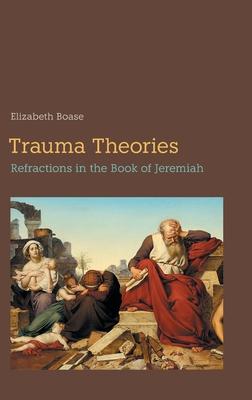A first of its kind, this monograph examines five common trauma theories used within biblical studies, setting out the assumptions and implications of each and using passages from the book of Jeremiah to demonstrate interpretive possibilities. Trauma Theories highlights the interdisciplinary character of trauma hermeneutics and demonstrates the distinctive contribution each approach offers for biblical interpreters.
In her exploration of trauma theories, Elizabeth Boase treats each school of thought separately, tracing its disciplinary roots and its underlying convictions about language and memory. At the same time, she argues for the importance of understanding the way each theory accounts for the place of texts in a communal setting, suggesting that it is the communal impact of trauma that is key to reading biblical texts.
Boase uses passages from the Book of Jeremiah as case studies, showcasing how different theories offer diverse ways of understanding the impact of suffering experienced during the time of the Babylonian incursion on Judah and Jerusalem in the sixth century BCE.
This volume will be an invaluable resource for newcomers to the field of biblical trauma hermeneutics and for those more familiar with these approaches.
